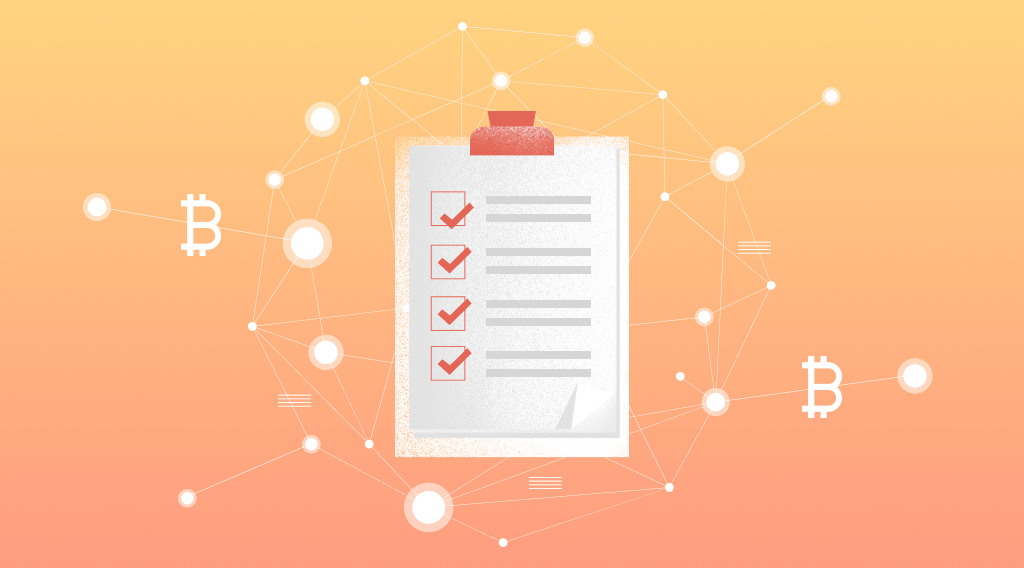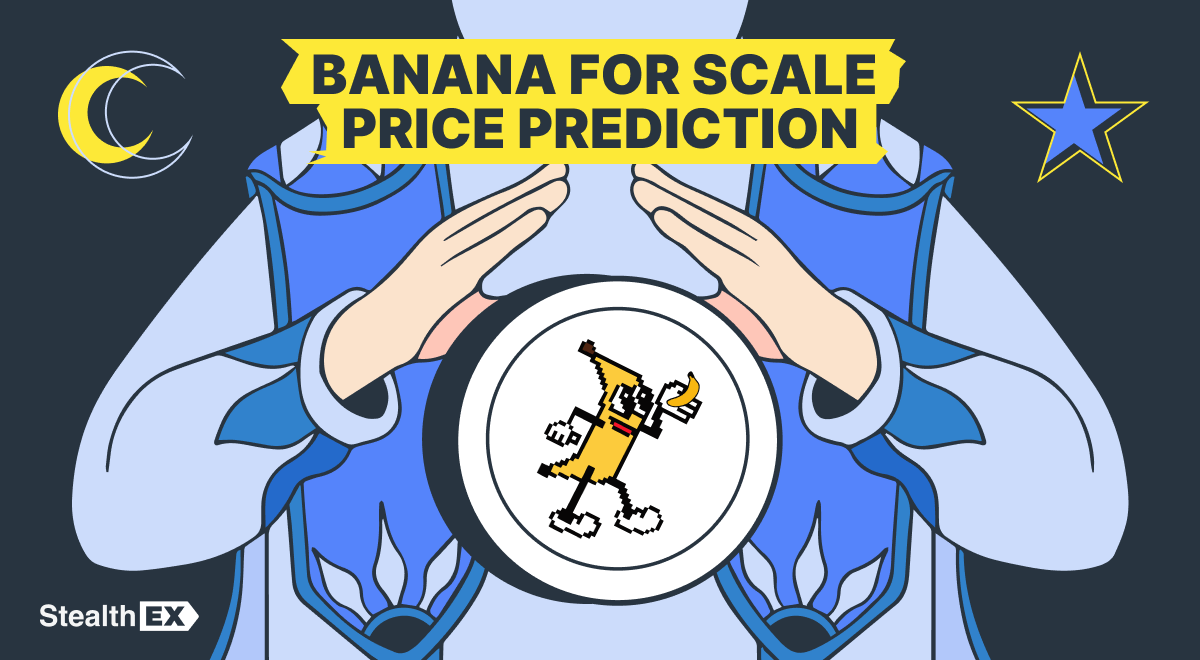How to Use Smart Contracts?

In the first part of the article, we talked about what are smart contracts and blockchains for smart contracts. In this second article in the series on smart contracts, we will dwell upon the real-life applications of smart contracts, how to use smart contracts, and the industries where smart contracts are becoming increasingly usable.

Speaking of how to use smart contracts, we should remember that they are pieces of software which in many ways resemble more familiar computer programs. Their main distinction from the programs that we launch on our PCs is that they are stored on decentralized blockchains along with their data.
Financially, smart contracts can often be less expensive than a similar program that would run on a centralized network. Therefore, the areas where they can be used are numerous:
- Logistics
- Healthcare
- Law
- Merchandising
- Finances
- Gaming
- Internet of things (IoT)
- Insurance
- Auditing
Further, we will discuss some of them, and illustrate the use of smart contracts with particular use cases.
Article contents
- 1 How to Use Smart Contracts in Different Areas
- 1.1 Smart Contracts in Logistics
- 1.2 Examples of Use in Logistics
- 1.3 Smart Contracts in the Travel Industry
- 1.4 Smart Contracts for Biometric Data and Authentication
- 1.5 Smart Contracts in Real Estate
- 1.6 Smart Contracts in Smart-Home Management
- 1.7 Smart Contracts in Finance
- 1.8 Smart Contracts in Decentralised Finances (DeFi)
- 1.9 To Be Continued
- 1.10 How to Buy Cryptocurrency at StealthEX
How to Use Smart Contracts in Different Areas
Smart Contracts in Logistics
Logistics and supply chains are often seen as an area where smart contracts can thrive. Smart contracts are ideal for tracking goods throughout supply chains: they can record the state of goods and proprietary rights on a blockchain at each stage of each product’s journey. It means that these data will be immutable and accessible to the public or the authorized people, depending on particular needs and purposes required in certain supply chains. Smart contracts could thus increase transparency in logistics and reestablish trust between a tradesman and a customer.
Examples of Use in Logistics
Smart contracts have already earned an impressive record of use cases in this space.
- In 2017, IBM developed its native food supply chain ecosystem called IBM Food Trust, with a smart contract being at the heart of its operations.
- In 2018 together, Maersk and IBM developed TradLens – a blockchain-based freighting ecosystem that aggregates and shares freight traffic data around the world.
- In 2018, FedEx together with Hyperledger and Blockchain in Transport Alliance developed a pilot blockchain-based system for verifying shipment data that will be shared with all customers in order to resolve all possible conflicts over deliveries.
All of this proves that smart contracts have a bright future in transportations and supply chains.
Smart Contracts in the Travel Industry
Smart contracts are also getting popular in the travel industry since it works much like logistics, transporting people to different destinations. They can monitor schedules of arrivals and departures as well keep track of all the relevant information about the voyage, keeping all this information up to date and minimizing the need for human participation in the process.
Smart Contracts for Biometric Data and Authentication
Smart contracts can also record biometric data that can be used for authentication at airports and railway hubs for a faster passenger registration.
Smart Contracts in Real Estate
Real estate still has to embrace digital technologies, smart contracts being one of them. Since their emergence, smart contracts have seen multiple use cases in tokenization of property. Such smart contracts tokenize real estate and distribute proprietary rights over the real estate inside buildings among multiple owners, depending on the number of tokens they have.
Smart Contracts in Smart-Home Management
Also, smart contracts are becoming a technology that is getting increasingly popular in smart-home management. They allow to remotely control tokenized real estate equipped with IoT sensors through a decentralized application based on a set of pre-determined rules or manually.
Smart Contracts in Finance
Smart contracts have been largely seen as launchpads for digital tokens and ICOs, but their full potential in the financial sphere is much broader. They can:
- replace paper contracts
- execute the transfer of ownership of digital assets
- execute the terms of agreements
- execute lending/borrowing operations
Therefore, smart contracts are becoming increasingly used in the situations of transfer of proprietary rights over digital and tokenized assets.
Smart Contracts in Decentralised Finances (DeFi)
However, their technological potential has been largely rediscovered in decentralised finances (DeFi). They have become a core instrument in the two key DeFi areas:
- Lending/borrowing
- Decentralised exchanges (DEXes)
DEFi Lending
On the lending/borrowing DeFi platform, smart contracts basically allow the lender to specify the interest rates for a loan in cryptocurrency for a specified period of time and allow the borrower to borrow the loan for a specified asset, for instance, fiat money. Therefore, the lender can earn interest and a passive income on their digital currencies.
DEX Smart Contract
On DEXes, smart contracts perform numerous vital operations in large quantities. They process trade orders, create synthetic assets (virtual assets for any real-life assets such as gold bullions or securities), hold wrapped assets (such as wrapped Bitcoin) that create liquidity, pay fees to liquidity providers.
And with the growing presence of IoT, blockchains and smart contracts for the internet of things will be getting all the more relevant financial-management tools.
To Be Continued
In this article, we have talked about the industries where smart contracts have got a broad adoption. Stay tuned and await the final conclusive article where we will look at how smart contracts work in blockchain from a technical viewpoint.
As always, you can buy cryptocurrencies and digital tokens with StealthEX for investment or any other purposes and enjoy the low commission rates we are normally offering to our clients. Remember that StealthEX is the best platform for exchanging your coins.
How to Buy Cryptocurrency at StealthEX
If you need to exchange your coins StealthEX is here for you. We provide a selection of more than 350 coins and constantly updating the cryptocurrency list so that our customers will find a suitable option for exchange with a low fee. Why don’t you check it out?
You can study a detailed article with an exchange guide, watch a tutorial video on our YouTube channel, or just go to StealthEX and follow these easy steps:
- Choose the pair and the amount for your exchange. For example, BTC to ETH.
- Press the “Start exchange” button.
- Provide the recipient address to which the coins will be transferred.
- Move your cryptocurrency for the exchange.
- Receive your Ethereum coins!
Follow us on Medium, Twitter, Telegram, and Reddit to get StealthEX.io updates and the latest news about the crypto world.
We are always ready to give you support if you have any issues with exchanging coins. Our team does our best to protect all members and answer their questions. For all requests message us via [email protected].
The views and opinions expressed here are solely those of the author. Every investment and trading move involves risk. You should conduct your own research when making a decision.
February 12, 2021.
blockchain technology Ethereum smart contract smart contractsRecent Articles on Cryptocurrency
 Bakkt Files $1B BTC Buy, GameStop Raises $2.7B, Ripple-SEC End 5-Year Fight
Bakkt Files $1B BTC Buy, GameStop Raises $2.7B, Ripple-SEC End 5-Year Fight  Banana For Scale Price Prediction: Can BANANAS31 Coin Hit $1?
Banana For Scale Price Prediction: Can BANANAS31 Coin Hit $1? 